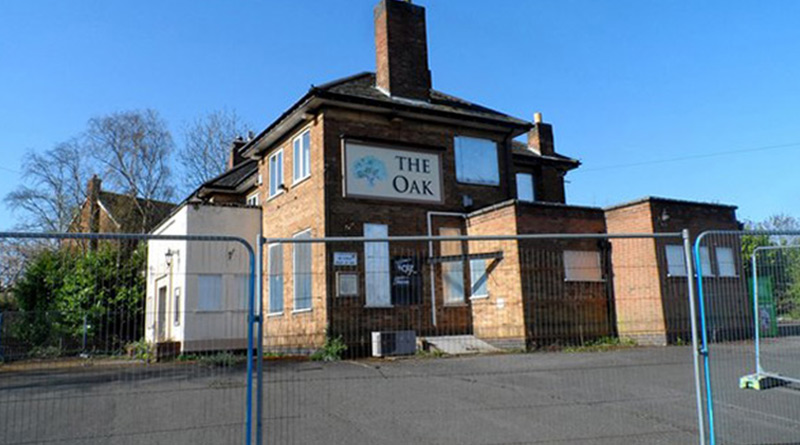Pub Closure Rate Increasing with London Hardest Hit

Almost as many pubs shut across the UK in the first six months of 2023 than did across the entirety of last year, according to data from real estate analysts Altus Group.
The study also revealed that London is the hardest hit, with more pubs closing in London in the first six months of this year than anywhere else in England.
The capital lost 46 watering holes up to the end of June, according to data from real estate analysts Altus Group.
Across the UK as a whole, 383 pubs closed in the same period, almost matching the total for the whole of 2022 when 386 were lost.
During the first three months of 2023, an average of 51 pubs closed down every month, which rose to 77 a month between April and June, according to the study.
Wales lost the greatest number of pubs in the UK as a whole with 52 shutting down.
Alex Probyn, president of property tax at Altus Group, cited several reasons for the high closure rates, and suggested that the picture for pubs in 2024 did not look hugely promising: “With energy costs up 80% year-on-year in a low growth, high inflation and high interest rates environment, the last thing pubs need is an average business rates hike of £12,385 next year.”
Pubs, as with other eligible hospitality, leisure and retail business currently get a 75% discount off their business rates bills for the 2023/2024 tax year up to a cap of £110,00 per business.
This is set to end on 31 March 2024, while business rates are also set to rise next April in line with September’s headline rate of inflation, which could also add more than 6% to bills next year.
A government spokesperson said: “We recognise that pubs are key drivers of local economies, but no national government can control the global factors pushing up the price of energy and other business costs.
“We are supporting hospitality businesses and those in the supply chain across the UK with 50% business rates relief, freezing alcohol duty rates on beer, cider, wine and spirits and reducing employer national insurance. This is in addition to the billions in grants and loans offered throughout the pandemic.”
